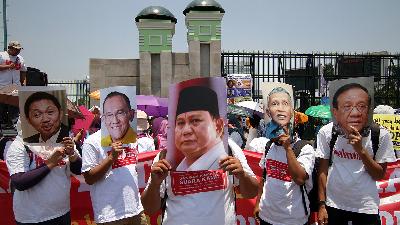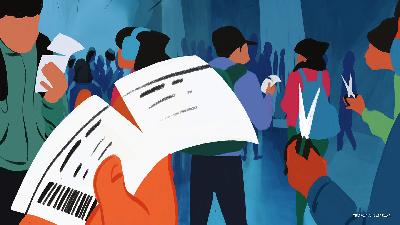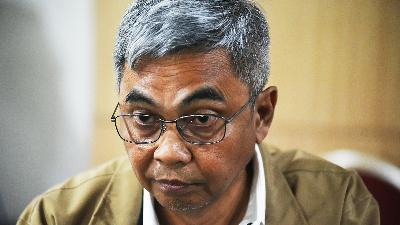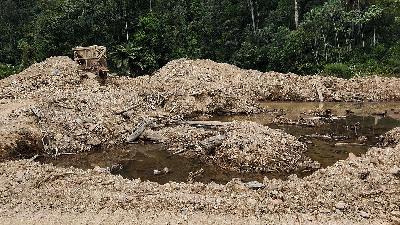Reducing the Airfares
Monday, December 23, 2024
The government reduced the price of plane tickets in the run up to Christmas and the New Year. Many components of these high prices need to be re-examined.
arsip tempo : 174557905781.
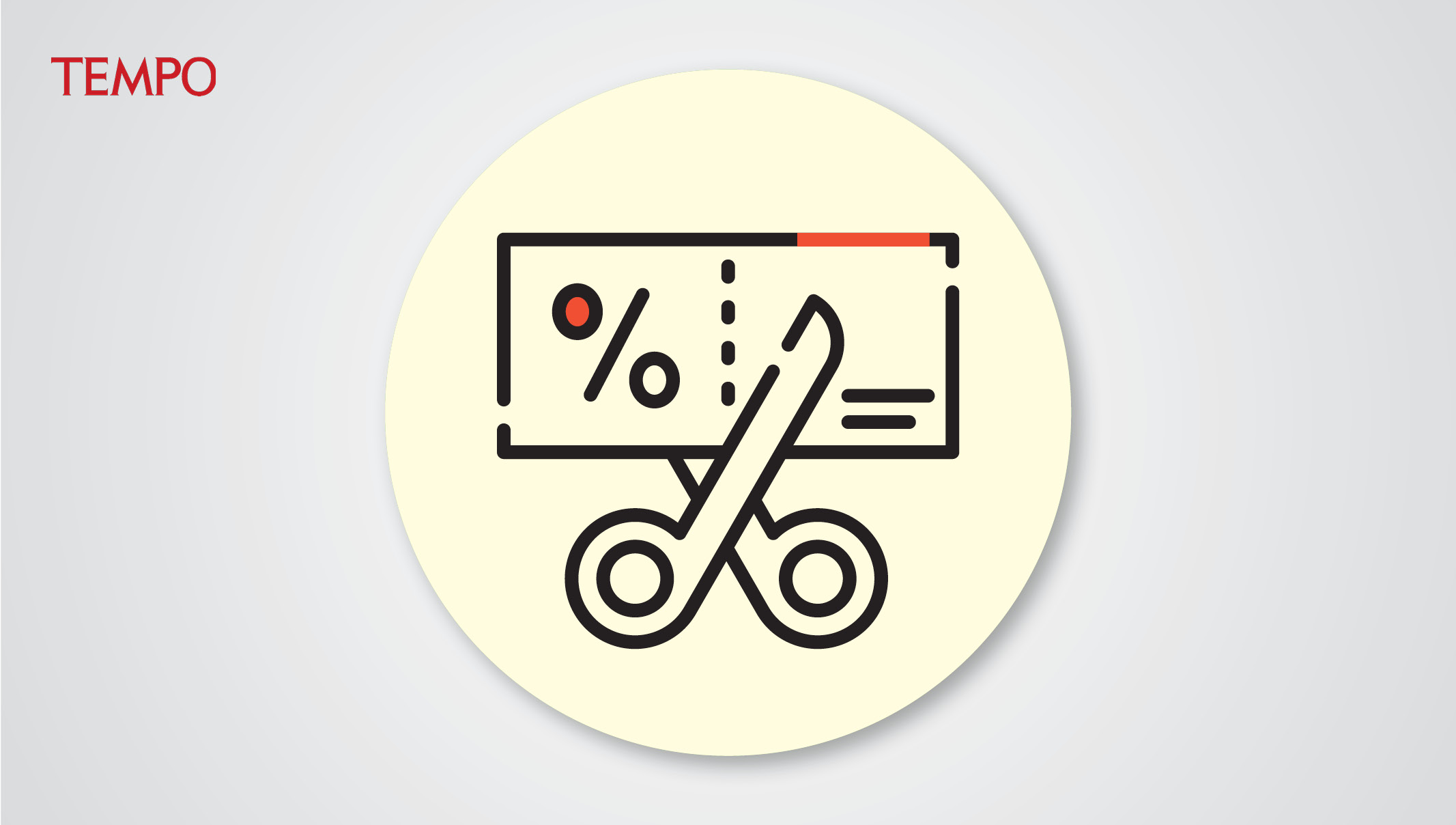
ANYTHING can happen if it is forced. This is what happened when the government ordered a number of state-owned enterprises (SOEs) to reduce the costs of their services that affect the price of plane tickets. The government was right to put pressure on Pertamina and Angkasa Pura Indonesia to set fair prices at a time of rising passenger numbers in the run up to Christmas and the New Year.
The government reduced the domestic airfares by up to 10 percent from December 19, 2024, to January 3, 2025. These discounts became possible after Pertamina reduced the price of aviation turbine (avtur) fuel by 7.5 to 10 percent and Angkasa Pura Indonesia cut the price of airport services by 50 percent. Meanwhile, airlines agreed to provide a discount in the fuel surcharge, reducing it to 2 percent for jet aircraft and 20 percent for propeller aircraft.
This move by the government is good news for passengers who had to pay high prices for tickets following the Covid-19 pandemic. However, this policy should not only be temporary. Intervention from the government is needed to put pressure on all components of the supply chain to set prices and make profits that are reasonable, rather than exploiting the high demand for tickets to make as much profit as possible, as happened after the pandemic two years ago.
In order to keep plane tickets affordable for the general public, the government must evaluate the practice of setting prices that has been used to date. Transportation Ministry Regulation No. 20/2019 on the calculation of maximum tariffs for domestic economy class airplane tickets states that airlines must adhere to a number of principles. These include making reasonable profits and using the most efficient cost components. This means that airlines and suppliers of avtur fuel, as well as airport operators, can be considered being breaking the law if they disregard these principles. This is what the government must monitor.
The complaint from AirAsia founder Tony Fernandes that avtur fuel in Indonesia is 28 percent more expensive than in other Association of Southeast Asian Nations (ASEAN) countries must not be ignored. Has Pertamina been charging a fair price or not? Before being ‘forced’ by the president to provide a discount, the state oil company was allowed to set whatever price it wanted for avtur fuel, citing distribution costs. Transparency of the cost of avtur is important given that it makes up 30 to 40 percent of the cost of a plane ticket.
And the same goes for Angkasa Pura. There must be an evaluation to ensure that the company does not charge high prices for airport services given the many complaints about the services it provides, from airport gates that frequently change to cleanliness and sanitation and security issues. One example is the roof of Terminal 3 at Soekarno-Hatta Airport in Tangerang, Banten, which has experienced repeated leaks despite the fact this terminal has been categorised as ‘ultimate,’ with Angkasa Pura claiming it has the best facilities.
But it is not enough for the government simply to put pressure on the providers of services. In order to reduce the price of airline tickets, there needs to be reductions in expensive levies such as value added tax, fuel surcharges, and import duty on aircraft components. After all, the state will not lose out because cheaper flights will make it even cheaper to carry passengers and freight, and the economy will be more efficient.




